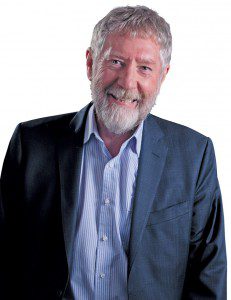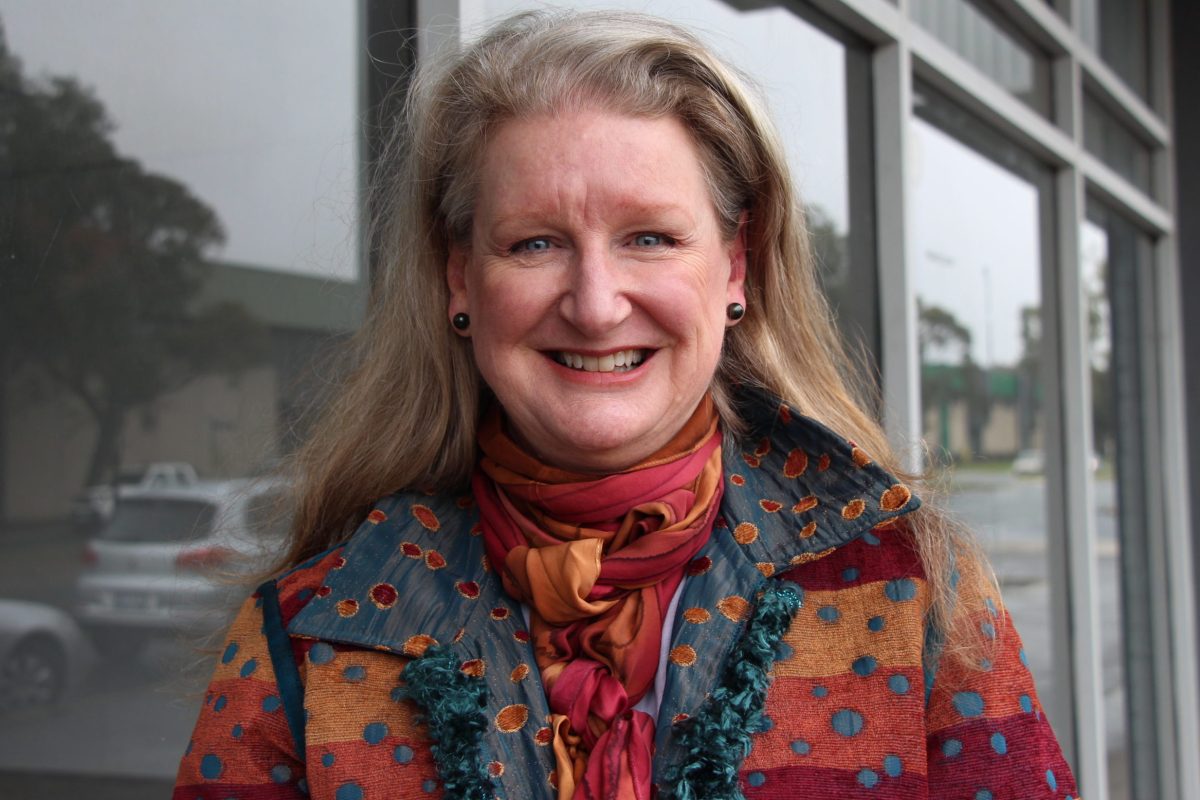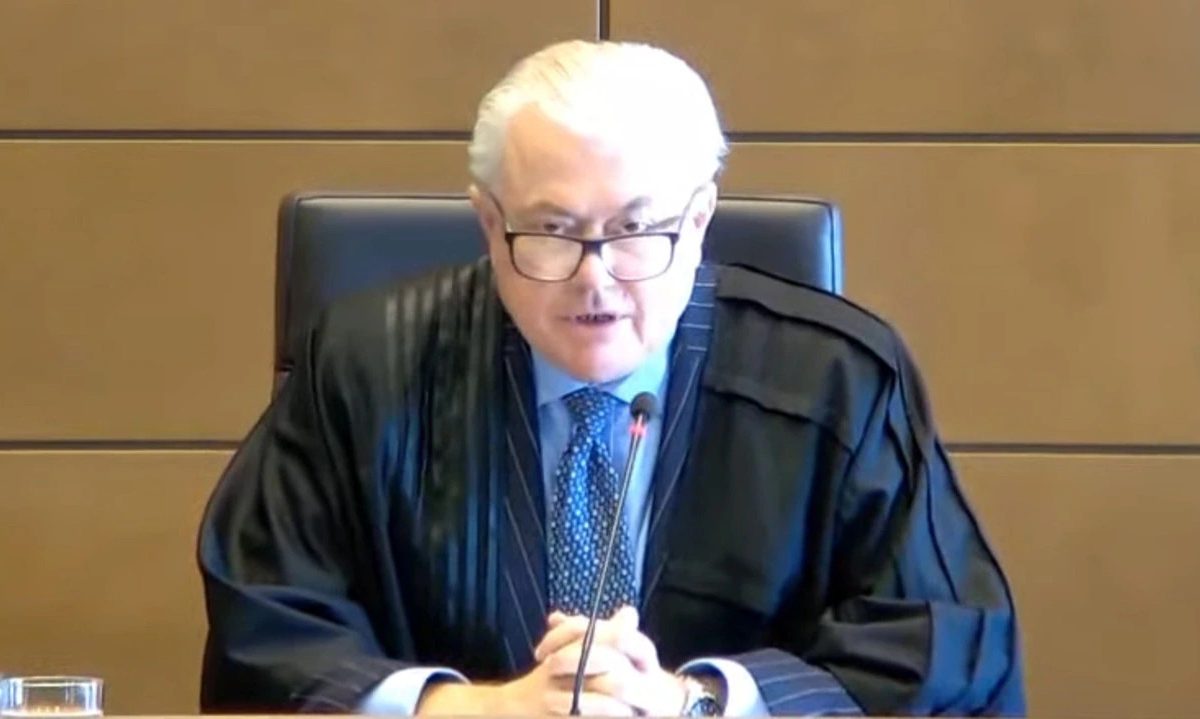IN 1993 the ACT Legislative Assembly became Australia’s first jurisdiction to have a voluntary active euthanasia bill tabled. Within two years the power to pass such legislation was taken away from the ACT and the NT.

The Federal parliament voted to remove the power in 1995 when the legislation was being used in the NT and was being debated in the ACT. The decision to remove this right from the elected representative body was especially painful for me as the MLA responsible for introducing the original bill.
A report of a Legislative Assembly Select Committee that examined the original legislation considered the matter a “vexed question of compassion and personal freedom”. It remains so. However, it also remains a matter of a right to self-determination for Territories.
The amendment to the “Australian Capital Territory (Self-Government) Act 1988” was a simple case of Federal MPs deciding that they knew better than local, elected members of Territory parliaments.
The amendments were an appalling demonstration of arrogance, misuse of power and ideology trumping local democratic processes.
The coalition of conservatives in the Liberal Party under the leadership of Kevin Andrews and the right wing of the Labor Party under Tony Bourke ignored the rights of Canberra people to self-determination in favour of their own religiously motivated ideological approach.
Time passed. In 2017 the Victorian Parliament introduced and passed similar legislation. Fiona Patten, long-time Canberra identity and now Victorian MLC, was one of the driving forces behind the initiation of the Victorian “Voluntary Assisted Dying Act 2017”.
The Victorian Legislation ensures that adult patients wanting to access the scheme will face two independent medical assessments before being able to obtain a lethal drug. The Federal government does not have the power to override state legislation in the same way as they did to the territories.
Even those who oppose such legislation acknowledge the discussion on voluntary active euthanasia spurs debate and action around making palliative care more effective.
For example, the 1994 ACT report provided a catalyst for more investment and interest in palliative care eventually leading to the building of Clare Holland House as the ACT hospice next to Lake Burley Griffin.
The ACT Assembly is looking for ideas to test the Federal government. MLA Bec Cody has been appointed as chair of an Assembly select committee into end-of-life choices. The committee is taking submissions until March 23 and will examine palliative care, the choices people make and voluntary assisted dying. It will also consider “the impact of Federal legislation” and “the process for achieving change”.
“Active euthanasia takes the prime decision making process out of the hands of the doctor and returns it to where it rightly belongs, to the individual” was a point I made in June, 1993, when introducing the “Voluntary and Natural Death Bill”. My view has not changed.
I also remain committed to my concluding remarks in the tabling speech: “The challenge in this bill has been to draw up legislation which focuses on the rights of the patients as central to its purpose.
It regulates where there is no regulation and gives very clear guidelines for both patients and doctors to follow. In a death-denying society, it will hopefully bring about respect for an individual’s right to choose the time and quality of one’s death without fear.” A genuine choice is achieved when the best possible palliative care is available.
The 2018 select committee into end-of-life choices reopens that debate. Perhaps members of the Federal parliament will recognise that the ACT was not so much out of step with the rest of the country as a little before its time. It is high time the pieces of stupidity amending the self-government acts of the territories were overturned and appropriate powers restored. Territory MPs and voters are entitled to the same rights and powers as MPs in Victoria or any other state.
Who can be trusted?
In a world of spin and confusion, there’s never been a more important time to support independent journalism in Canberra.
If you trust our work online and want to enforce the power of independent voices, I invite you to make a small contribution.
Every dollar of support is invested back into our journalism to help keep citynews.com.au strong and free.
Thank you,
Ian Meikle, editor





Leave a Reply